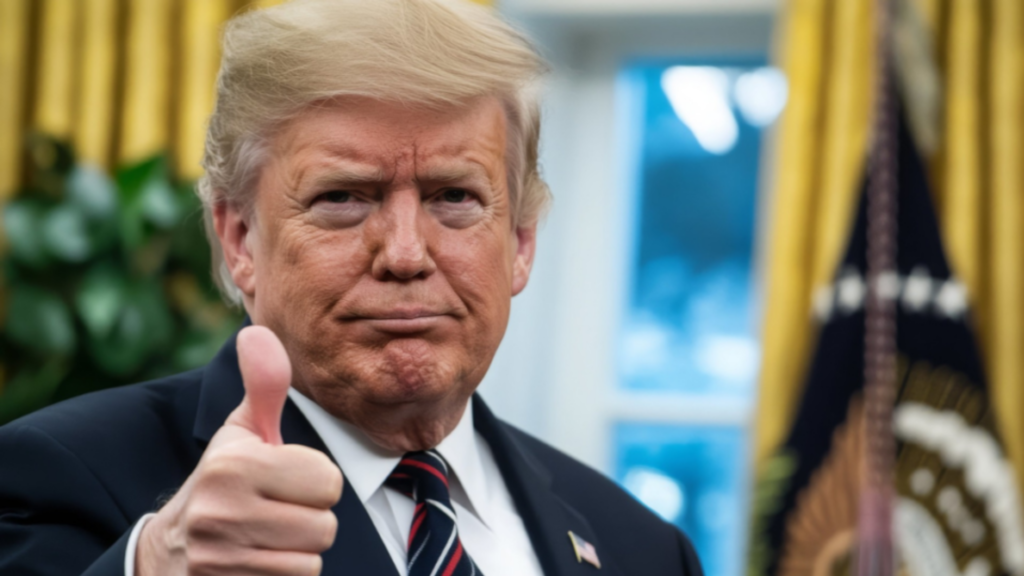
President Donald Trump signed a memorandum on Thursday directing an assessment of reciprocal trade tariffs on all major U.S. trading partners. The directive aims to ensure balanced trade and prevent other nations from imposing higher tariffs on American goods without facing equal measures in return.
The memorandum instructs Commerce Secretary Howard Lutnick and U.S. Trade Representative Jamieson Greer to conduct a comprehensive evaluation of existing tariffs and propose necessary “remedies” within 180 days. The goal is to level the playing field and eliminate trade imbalances that Trump has long criticized as unfair to American industries.
Speaking about the new trade directive, Trump stated: “On trade, I have decided, for the purpose of fairness, that I will charge a reciprocal tariff. Meaning whatever countries charge the United States of America, we will charge them—no more, no less. In almost all cases, they charge us vastly more than we charge them. Those days are over.”
BREAKING: President Trump officially announces reciprocal tariffs on countries taking advantage of the US.pic.twitter.com/80sGMihG7s
— Resist Times (@resistupdates) February 13, 2025
The president emphasized that many U.S. trading partners impose significantly higher tariffs on American goods than the U.S. imposes on theirs. Under the new policy, if a country imposes a tax on American imports, the U.S. will apply the same rate to their exports.
In addition to the tariff assessment, Trump has tasked Russ Vought, his nominee for the Office of Management and Budget, with analyzing the fiscal impact of these trade measures. Vought’s report, expected within the same 180-day period, will assess how reciprocal tariffs could affect government revenues, consumer prices, and overall economic growth.
This move marks a significant shift in U.S. trade policy and could have major implications for global commerce. Countries that currently benefit from lower U.S. tariffs may face increased costs when exporting to American markets. The policy could also lead to trade negotiations as nations seek to avoid new tariff burdens.
The administration argues that reciprocal tariffs will incentivize fairer trade practices and boost domestic manufacturing by reducing the competitive disadvantage faced by U.S. producers. However, critics warn that escalating tariffs could lead to trade disputes and increased costs for American businesses and consumers.
As the evaluation process begins, the international community will closely monitor how this policy unfolds. Further updates on the impact and implementation of Trump’s trade directive are expected in the coming months.

